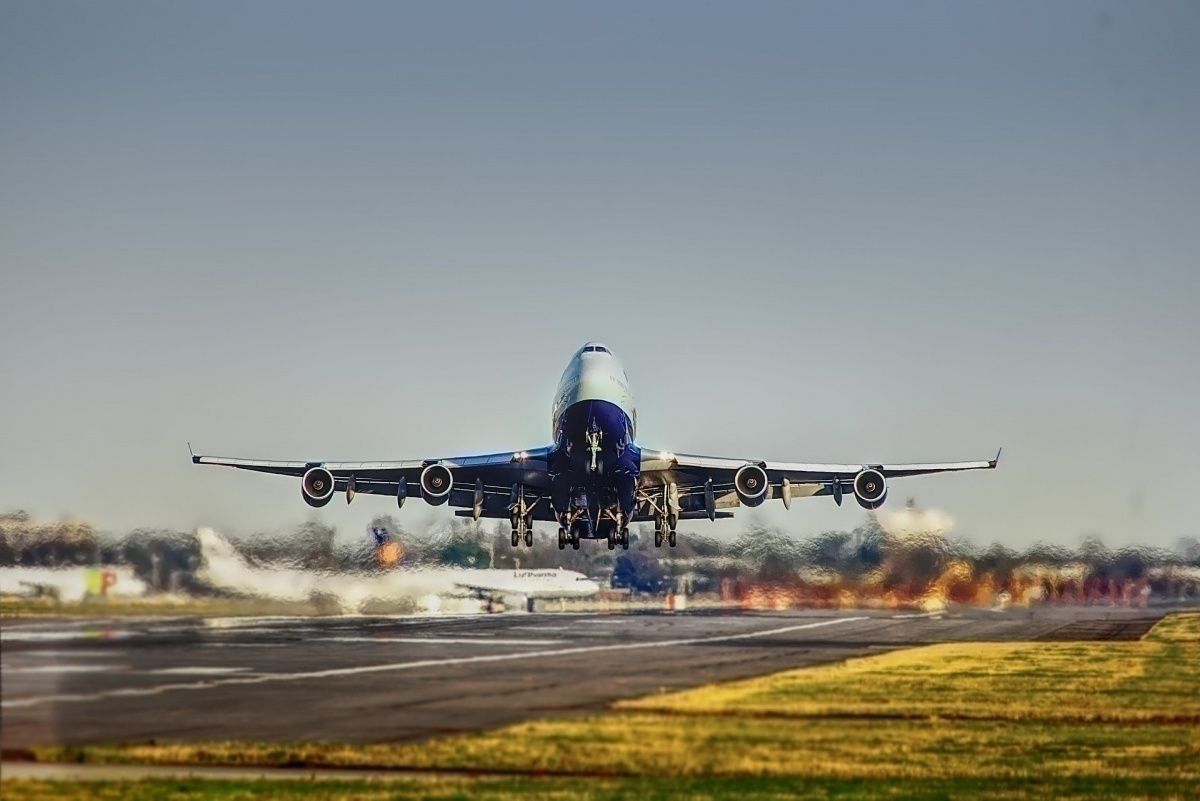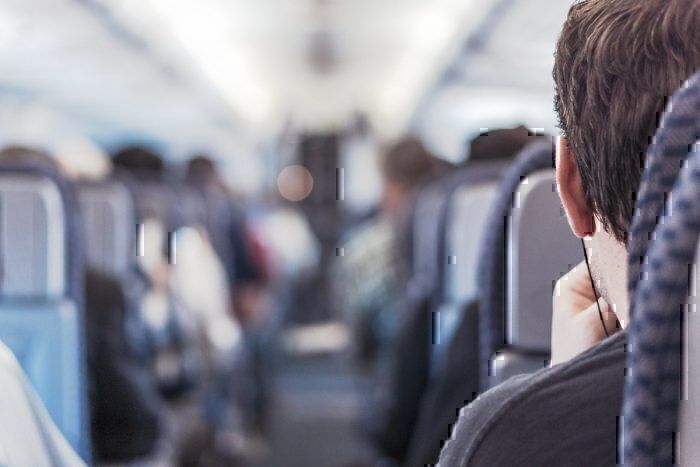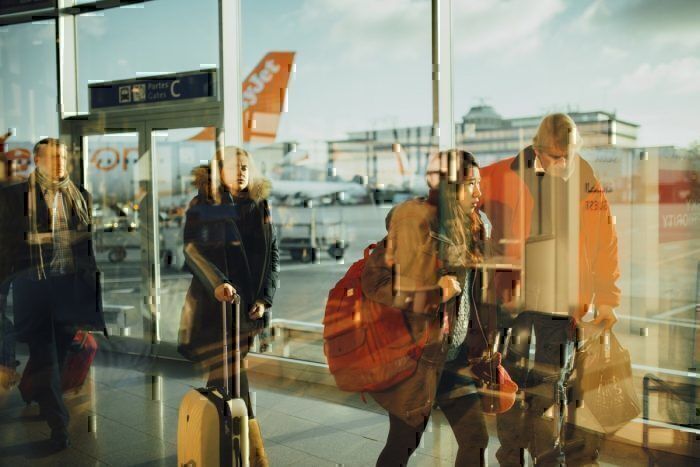Unruly passengers, drunken disruptors and ridiculous air ragers will face harsher penalties from January 1st as a new global treaty comes into effect. The Montreal Protocol 2014 will see travelers who cause problems on a flight being punished for their misdemeanor in the country in which the aircraft lands. This could see problem passengers serving jail time abroad, which will hopefully be a powerful deterrent.
New treaty means passengers are punished where they land
Disruptive passengers beware, because now your air rage could be punished with a jail term in a foreign prison. From the 1st January 2020, the Montreal Protocol 2014 (MP14) will come into force, granting more powers to nations to deal with unruly passengers under their own laws.
Since 1963, the Tokyo Convention has meant that disruptive passengers will only have justice administered by the country where the plane is registered. This means, for instance, a British Airways passenger causing trouble on a flight to Hong Kong could only be prosecuted back in the UK, not in Hong Kong when the aircraft arrives.
In countries where there is no cross border legal agreement with the country where the plane is registered, this could mean the passenger walks away unscathed. In fact, the International Air Transport Association (IATA) says that some 60% of such offenses go unpunished due to issues over jurisdiction.
Now, thanks to the MP14 treaty being ratified by the required number of states, any country will have the jurisdiction to prosecute troublemaking passengers when the aircraft lands on their soil. Alexandre de Juniac, IATA's Director General and CEO commented on the treaty, saying,
"Everybody on board is entitled to enjoy a journey free from abusive or other unacceptable behavior. But the deterrent to unruly behavior is weak. About 60% of offenses go unpunished because of jurisdictional issues. MP14 strengthens the deterrent to unruly behavior by enabling prosecution in the state where the aircraft lands. The treaty is in force. But the job is not done. We encourage more states to ratify MP14 so that unruly passengers can be prosecuted according to uniform global guidelines,"
What does this mean?
For most of us, airlines and passengers alike, this is very positive news. It closes a gap in the Tokyo Convention and gives more powers to airlines to say that enough is enough with bad passenger behavior. The treaty aims to tackle unacceptable behavior ranging from verbal and physical assault to smoking and failing to follow crew instructions.
Now, passengers who break the rules of travel or generally disrupt the flight face the prospect of being tried not in their home state, but in whichever state the aircraft touches down. In the case of a flight having to make a diversion due to passenger disruption, this really could be anywhere.
Not only that, but MP14 expressly recognizes the right of the airline to see compensation for expenses they may incur as a result of the disruption. This could be additional fuel costs or landing fees due to making a diversion, as well as the cost of helping other passengers who might miss their connections as a result. For European airlines, it could mean being able to claw back the costs of paying out compensation under EU261 for a delayed or cancelled flight.
What took MP14 so long?
Astute readers will notice that the Montreal Protocol is a 2014 treaty, meaning it has taken five years to ratify. This seems like an awfully long time for such a valuable piece of legislation to be agreed to, but actually it’s a very positive result. IATA corporate communication’s director Chris Goater told CNN,
“…getting to 22 in five years doesn't sound that fast, but actually by the standards of international treaties that's really quick."
The final ratification needed to ascend the treaty into law came from Nigeria, where President Buhari on the 26th November 2019. Although having the full 22 states ratifying the treaty is good news in terms of the law starting to take effect, Mr. de Juniac says it’s not over yet.
“MP14 strengthens the deterrent to unruly behaviour by enabling prosecution in the state where the aircraft lands. The treaty is in force. But the job is not done. We encourage more states to ratify MP14 so that unruly passengers can be prosecuted according to uniform global guidelines.”
For airline staff and frequent fliers, the news that there is now a tougher stance on disruptive passengers will undoubtedly be welcomed. What do you think though? Let us know in the comments.



